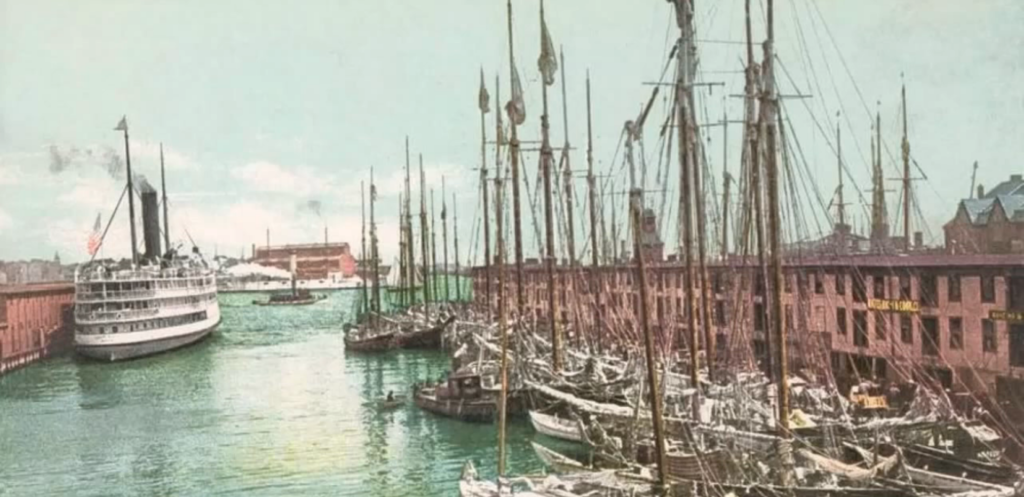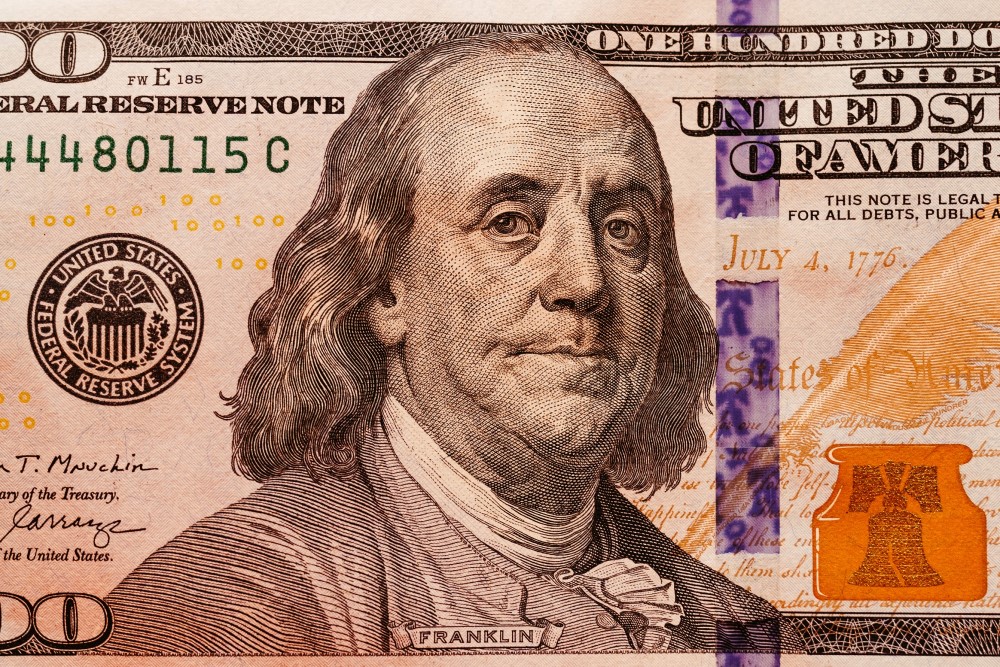
fauxels
Follow
Boston, Massachusetts, often referred to as the “Cradle of Liberty,” is not only known for its rich history and prestigious academic institutions but also for its dynamic and thriving business environment. As one of the oldest cities in the United States, Boston has seamlessly merged its historical significance with a forward-thinking approach, creating a diverse and robust economy. In this article, we will explore the multifaceted business landscape of Boston, from its booming technology sector to its thriving healthcare industry, while delving into the factors that have contributed to its sustained growth.
Historical Foundations
Before delving into Boston’s modern business landscape, it’s crucial to acknowledge the city’s historical significance. Founded in 1630, Boston played a pivotal role in the American Revolution, giving rise to the famous Boston Tea Party and the Battle of Bunker Hill. This rich history has cultivated a spirit of innovation and resilience that continues to influence the city’s business climate.
Economic Growth
Boston has experienced remarkable economic growth in recent decades, positioning itself as a global leader in various industries. Several factors have contributed to this growth:
- World-Class Education: Boston boasts a concentration of prestigious universities and colleges, including Harvard, MIT, and Boston University. These institutions not only attract top talent but also foster an environment conducive to innovation and research.
- Thriving Technology Sector: Often dubbed the “Silicon Valley of the East,” Boston is a technology powerhouse. The city is home to numerous startups, tech giants, and venture capital firms, with a particular focus on biotechnology, artificial intelligence, and clean energy technologies.
- Healthcare and Life Sciences: Boston’s healthcare and life sciences sector is renowned worldwide. It houses some of the most prominent hospitals and research institutions, making it a hub for medical innovation and biotechnology.
- Financial Services: Boston has a robust financial sector, with a strong presence of banks, investment firms, and asset management companies. The city’s financial institutions play a pivotal role in supporting both local and global businesses.
Key Industries
- Technology and Innovation: Boston’s technology sector has been at the forefront of innovation for decades. The city is home to companies like Amazon, Microsoft, and Google, as well as a multitude of startups. The Massachusetts Institute of Technology (MIT) and Harvard University continually feed fresh talent into the tech ecosystem.
- Healthcare and Biotechnology: Boston’s healthcare and biotechnology industries are world-renowned. The Longwood Medical Area, which includes Harvard-affiliated hospitals and research centers, is a focal point for medical advancements. Leading biotech firms such as Biogen and Vertex Pharmaceuticals are headquartered in the city.
- Education and EdTech: Boston’s education sector extends beyond traditional institutions to EdTech companies that are reshaping the future of education. EdTech startups like edX and LearnLaunch are pioneering digital learning solutions, attracting learners from around the globe.
- Finance and Fintech: The financial services sector is robust, with major players like State Street Corporation and Fidelity Investments headquartered in Boston. The city’s proximity to New York City also positions it as a vital financial hub.
- Clean Energy and Sustainability: Boston has made significant strides in clean energy and sustainability initiatives. The city is committed to reducing its carbon footprint and has implemented various programs to promote renewable energy and green practices.
Supportive Ecosystem
Boston’s business ecosystem thrives thanks to strong support from local government, business associations, and educational institutions. Organizations like the Greater Boston Chamber of Commerce and the Massachusetts Technology Leadership Council actively promote business growth and innovation. Furthermore, initiatives like MassChallenge provide resources and mentorship to startups and entrepreneurs, fostering a culture of collaboration and growth.
Infrastructure and Connectivity
The city’s infrastructure investments have played a pivotal role in sustaining its economic growth. Logan International Airport offers global connectivity, while the Massachusetts Bay Transportation Authority (MBTA) ensures efficient transportation within the city and its suburbs. Additionally, Boston’s commitment to technology and innovation extends to its broadband connectivity and smart city initiatives, making it a prime location for businesses that rely on cutting-edge technology.
Challenges and Opportunities
While Boston has achieved remarkable success in various sectors, it is not without its challenges. High living costs and congestion can be obstacles for some businesses and individuals. Additionally, addressing income inequality and housing affordability remains a priority. However, these challenges also present opportunities for innovative solutions and collaborations that can further strengthen Boston’s business landscape.
Boston, Massachusetts, stands as a testament to the power of history and innovation converging to create a thriving and dynamic business landscape. With its world-class education institutions, a thriving technology sector, and a commitment to healthcare innovation, Boston continues to attract businesses and talent from around the world. Its supportive ecosystem, robust infrastructure, and resilience in the face of challenges make it a beacon of economic opportunity and progress. As Boston navigates the challenges of the modern world, it remains firmly rooted in its historical legacy while charting a path towards a prosperous future.
Content generated by ChatGPT


